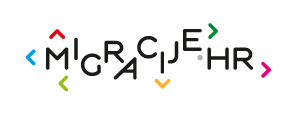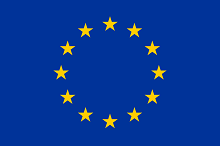An adoptive parent exercises this right on the basis of an adoption order. In accordance with their employment status, they can exercise their right to one of the following: adoption leave, the second adoptive parent leave, exemption from work for unemployed adoptive parents, or care for an adopted child as a person outside the work system. During this time, the adoptive parent receives a salary compensation, or cash benefit or financial assistance, depending on which of the above rights they are exercising.
A guardian or other natural person is entrusted with the day-to-day custody of a minor or who is exercising parental care by a decision of the competent authority. That person also exercises parental rights depending on their employment status, provided that they have the status of a person insured under compulsory health insurance, that the child lives with them in a joint household, and that the biological parent has not previously exercised these rights.
A foster parent is only entitled to time benefits, and not to financial benefits, according to their employment status, provided that they have the status of a person insured under compulsory health insurance, and that the child lives with them in a joint household.
An employed and a self-employed foster parent is entitled to foster leave for a continuous period of six months for a child up to seven years of age. The period of this leave is extended by an additional 60 days in the case of simultaneous accommodation of two or more children, or a child with developmental disabilities.






